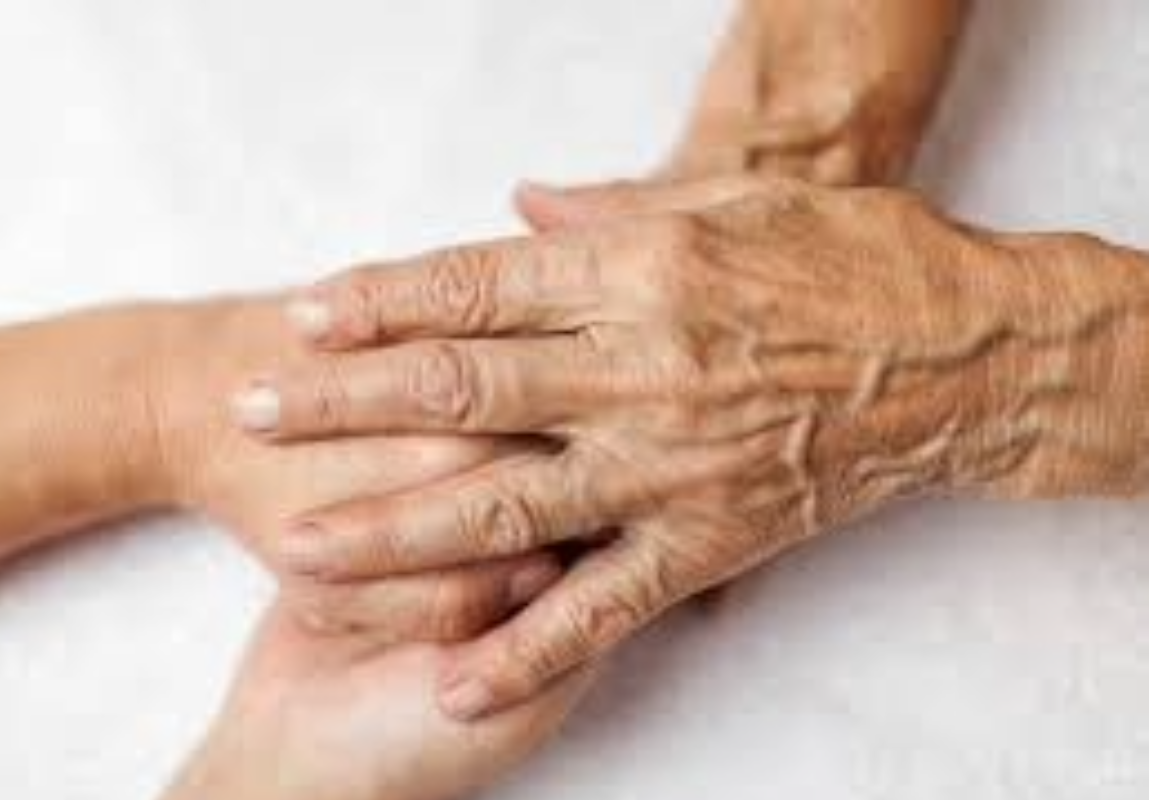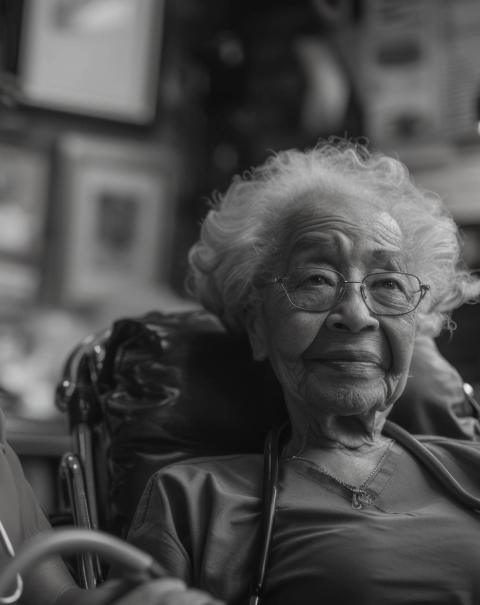Home First, Improving Lives, Improving Outcomes.


Facilitating Safe Discharge and Home Assessment: Caregivers can assist patients in returning home post-hospitalization and support healthcare professionals in conducting home-based assessments. By helping with daily tasks (e.g., mobility, medication management), they ensure the patient’s home environment is safe and suitable, reducing readmissions and freeing hospital beds.
Providing Ongoing Support to Prevent Readmission: Caregivers can monitor patients’ health at home, reporting changes to clinical teams to address issues early. This support, such as helping with nutrition or therapy compliance, aligns with community care models, reducing pressure on acute services and improving patient flow.
Coordinating Care and Communication: Caregivers act as a link between patients, families, and NHS teams, relaying information about care needs or home adjustments. This ensures assessments reflect real-world conditions, enabling tailored care plans that minimize delays in discharge and optimize resource use.
Let's talk now Current Jobs
UK Total (2022): Approximately 163,000 hospital beds were reported across the UK, with England accounting for 135,574, Scotland 20,533, Wales 10,562, and Northern Ireland 6,331.
666,000 people were receiving long-term local authority arranged or provided adult social care, in England, as of 31 December 2024, 485,000 in community settings.
In January 2025, 159,582 patients waited over four hours from the decision to admit to actual admission, and 61,529 waited over 12 hours, a record high.
Average occupancy of 80–85% for community beds (based on historical trends), approximately 750–1,050 community beds may be unoccupied daily in England (15–20% of 5,000–7,000 beds).







